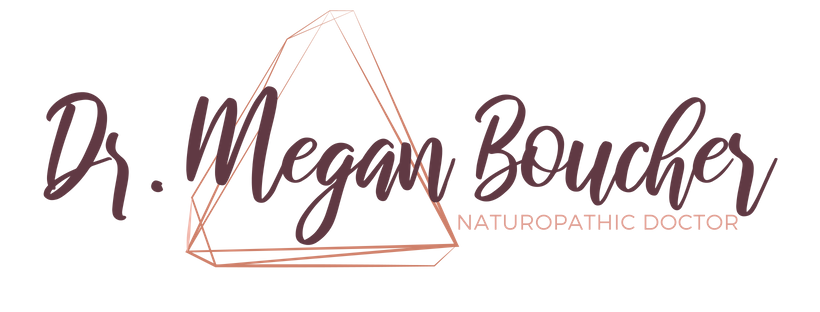Hair Loss and Your Thyroid
Hair loss is a very common concern in my patients with Hypothyroidism. Yes, your low functioning thyroid might be the cause of your hair loss! However, despite normalizing thyroid hormone levels, hair loss sometimes seems to continue. In addition to less-than-optimal thyroid hormone levels, there are many other causes of hair loss that we need to explore.
What’s Normal and What’s Not?
The average person has over 100,000 hair follicles on their head! Daily loss of between 50-100 strands is considered normal. For those who don’t shower or comb their hair daily, they may notice less hair loss on a daily basis with more on the days they shower or brush their hair, making it seem like they are losing a lot of hair (I’ve been there). If this is you, pay attention to daily loss instead of just your drain-clogging shower day.
However, losing clumps of hair, noticing bald spots or patchiness, losing hair all over your body, and severe breakage may not be normal. About 90% of the hair on your head is in a stage where it is actively growing. Losing 100 strands a day should not be significantly noticeable. If you are noticing a change in how much hair you are losing, and noticing significant thinning, it is worth speaking to your Naturopathic Doctor about – this may be a signal that something deeper is going on!
Causes of Hair Loss
While there are many potential causes of hair loss, these are a few of the most common ones I see in practice:
- Low functioning thyroid (Hypothyroidism or Low T3 Syndrome)
- Hormone imbalances (DHEA, testosterone, estrogen, progesterone)
- Pregnancy or menopause due to a sudden shift in hormones
- Nutrient deficiencies, especially iron, protein, vitamin D and some B vitamins
- Stress
- Medications
- Over processing/chemicals
- Medical conditions, such as alopecia
What Should You Do?
1. Make sure your thyroid levels are optimal
If you have read my other posts, you’ll know how I feel about “normal vs. optimal” thyroid levels. In addition, making sure you have a complete thyroid panel run, NOT just TSH and T4 is important. The thyroid hormone T3 can have a big effect on hair growth, so knowing this level is needed for assessing your thyroid’s involvement in your hair loss.
2. Have your ferritin levels check, NOT just your hemoglobin
There is a difference between being anemic and having adequate iron levels. Anemia is defined by having low hemoglobin or red blood cell count. However, you can still have low iron stores (ferritin) without anemia and feel like crap! In fact, making sure your ferritin levels are at least 40 ug/L – well above the lower number on the conventional reference range – is recommended for women experiencing hair loss. Iron supplementation for many menstruating women may be required, but speak to your Naturopathic Doctor about the best dose and form for you!
3. Have your vitamin D levels checked
Having low vitamin D levels seems to be related to female pattern hair loss. Aiming for an optimal blood level of over 100 nmol/L may help with preventing further hair loss and assisting with hair growth. Supplementing with vitamin D is often necessary for us Canadians due to our lack of sunlight most of the year. The exact amount you need to supplement with should be determined by your qualified practitioner based on your blood levels.
4. Ensure you are eating enough protein
When it comes to healthy hair, you need to be getting enough protein. Amino acids, the building blocks of protein, are required for the production of keratin, the protein that makes up your hair – in short, you need protein to build protein! Make sense? In general, adults need at least 0.8g of protein per kg of body weight. This typically refers to animal-based proteins (meats, fish, eggs, cheese). For vegetarians, the protein requirement is at least 1g of protein per kg of body weight.
5. Have your hormones tested
Especially if you have signs of hormonal imbalances, such as irregular periods, painful or heavy periods, or PMS, having your hormone levels tested is important. For the most comprehensive testing, I recommend dried urine hormone testing. At the very least, having an idea of your levels of DHEA, testosterone, estrogen, progesterone, and cortisol is important when it comes to hair loss.
Interested in learning more about your health? Book an appointment to come in and explore the root of your hair loss (pun intended)

